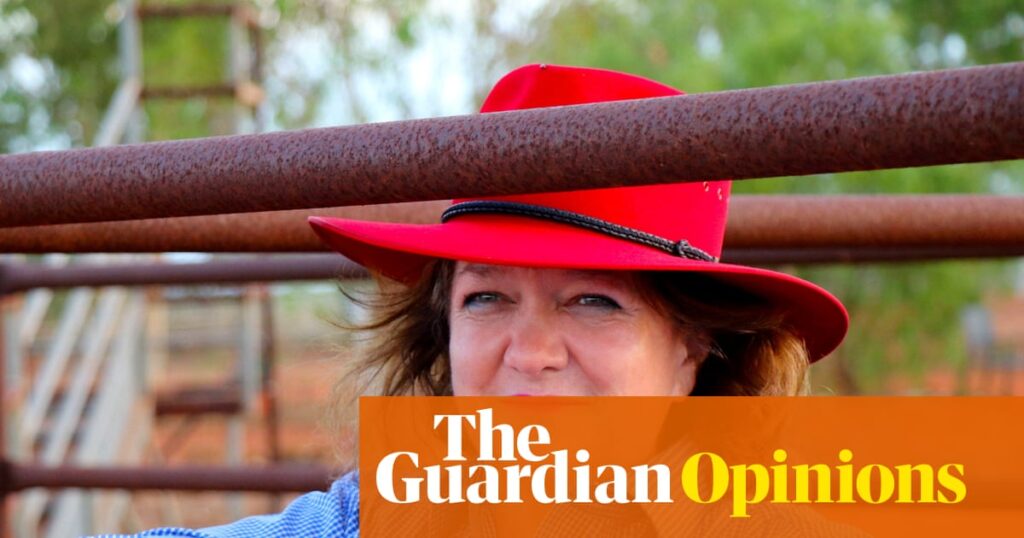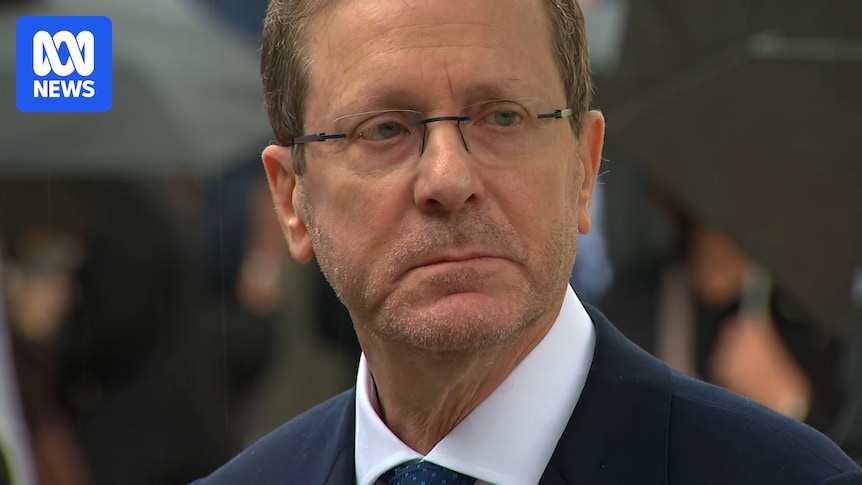
Gina Rinehart, Australia’s mining magnate, has once again sparked controversy with her apocalyptic vision of a future governed by stringent climate policies. In a recent column for the Herald Sun, Rinehart painted a dystopian picture where hospitals shut down and cremations are halted due to restrictions on fossil fuel use. This comes as Australia joins over 130 countries in committing to net-zero greenhouse gas emissions.
Rinehart’s article, part of a News Corp series of bush summits sponsored by her companies, argues that Australia should have negotiated exemptions for various industries under the Paris Agreement. Her claims suggest that without these “carve-outs,” industries will be forced to either cease operations or transition to electric alternatives.
The Argument and Its Critique
Rinehart’s narrative begins with a critique of Australia’s failure to secure a “carve-out” for defense industry emissions. However, under the Paris Agreement, much of the emissions reporting is voluntary, including those from military activities. Notably, Australia does not include defense and security agency emissions in its 2030 targets.
Her claims extend to a range of scenarios, including the closure of hospitals for extended periods due to emissions limits and the inability of the Royal Flying Doctor Service to operate for most of the year. These scenarios have been met with skepticism, as no current climate policies suggest such drastic measures.
“Our hospitals, again no carve-out – nurses, doctors, technicians forced to acquire EVs to be able to see patients. Who really wants this?” Rinehart questioned.
Industry Response and Expert Opinions
Rinehart’s views have drawn criticism from climate scientists and industry leaders. Emeritus Professor Mark Howden of the Australian National University emphasizes the real threats posed by climate change, including increased fire risks and reduced agricultural productivity.
“Fire risk has increased due to climate change with increased fire season length, number of fire danger days, intensity and area burnt,” Howden stated. “This will also worsen with further climate change.”
Natalie Collard, CEO of Farmers for Climate Action, highlights that a significant majority of farmers have experienced climate-related impacts. The organization’s survey in 2023 revealed that 92% of farmers noticed climate impacts on their farms, with 55% identifying climate change as the primary threat to their future.
“I’m not aware of any country that is forcing anyone – let alone farmers – to change their combustion engines to EVs,” Collard pointed out.
The Broader Context and Historical Perspectives
Rinehart’s stance is part of a broader narrative of climate science denialism that has been prevalent among certain groups. Her long-standing skepticism of climate change is well-documented, including her financial support for the Institute of Public Affairs, known for its contrarian views on climate policies.
In a 2021 video message to students, Rinehart dismissed climate change concerns as “propaganda.” Her views echo a history of skepticism, as evidenced by her 2011 writings questioning the impact of CO2 emissions on global warming.
Implications and Future Outlook
Rinehart’s comments come at a critical time as Australia navigates its path toward sustainable energy and climate resilience. Her influence, bolstered by her sponsorship of high-profile events like the bush summits, continues to shape public discourse on climate policies.
The summits, also sponsored by major corporations like Woolworths, Optus, and Qantas, are set to feature a keynote by Prime Minister Anthony Albanese. As the nation grapples with climate challenges, the dialogue initiated by these events will play a crucial role in determining future policy directions.
While Rinehart’s views may resonate with certain sectors, the broader consensus among scientists and policymakers is clear: addressing climate change is imperative. The path forward will require balancing economic interests with environmental responsibilities, ensuring that Australia’s commitments align with global efforts to mitigate climate impacts.






